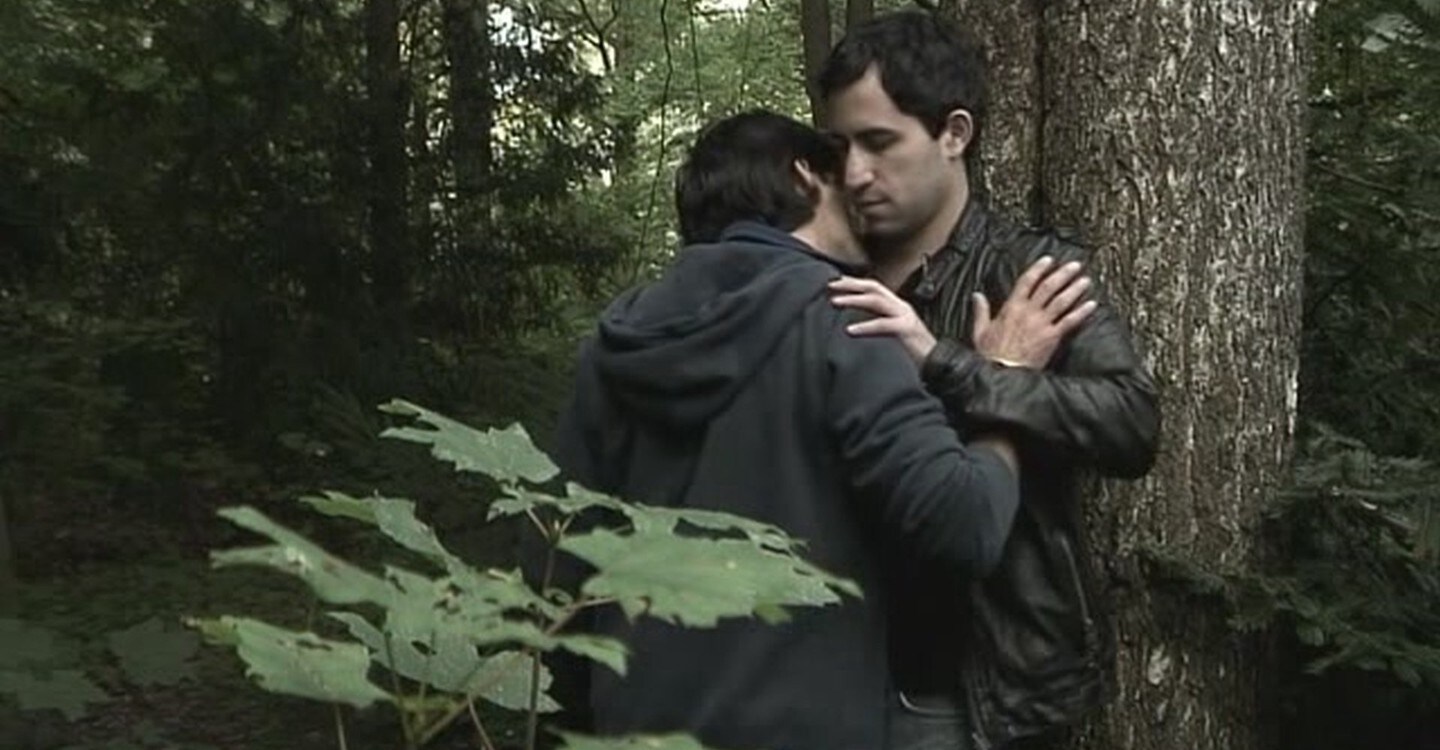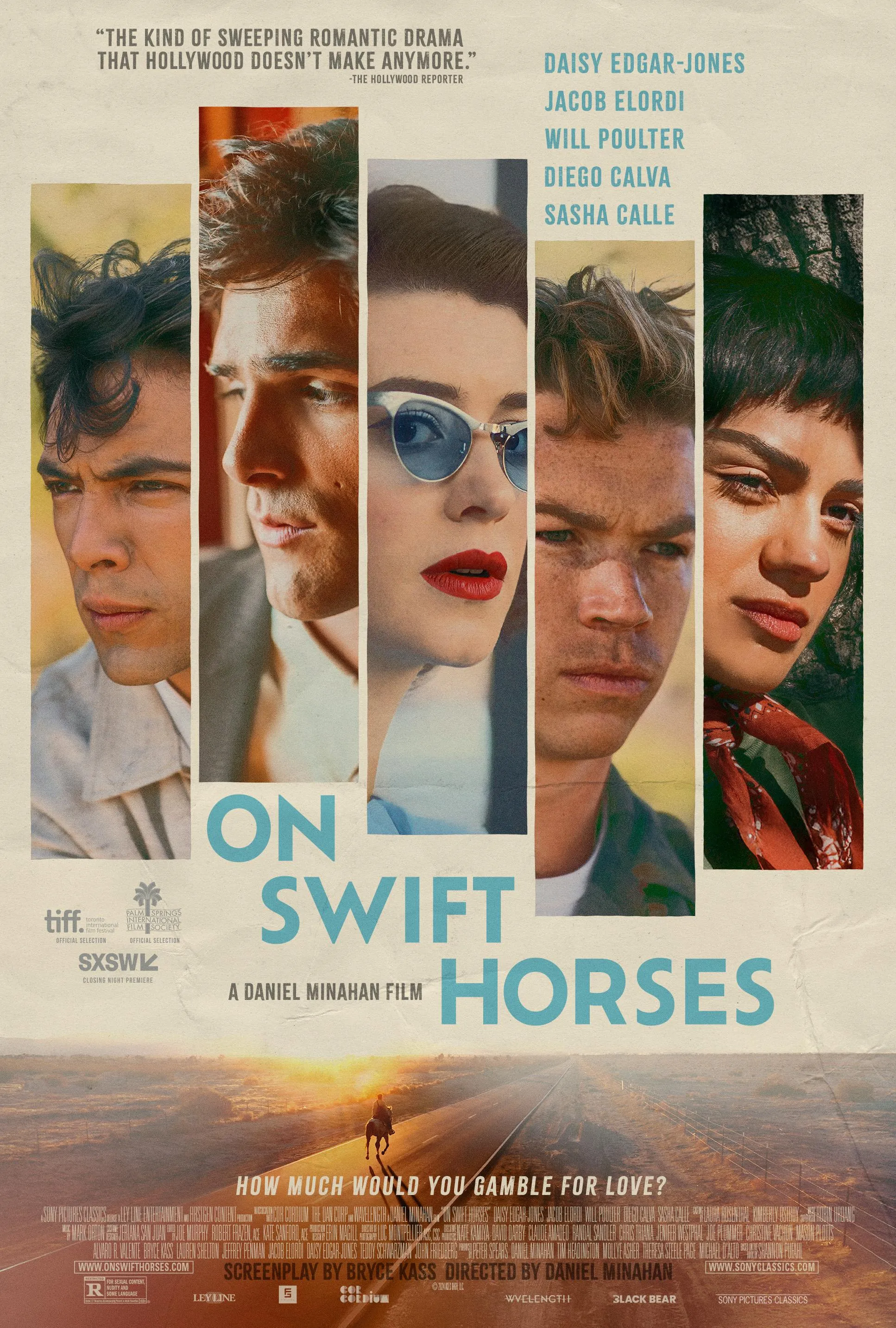The Visitor (2011), also known as Cibrâil, is a thought-provoking and emotionally intense German LGBTQ+ drama that explores themes of identity, desire, and self-discovery. The film follows Cibrâil (Sinan Hancili), a young Turkish-German police officer living in Berlin with his long-term girlfriend, Christine (Martina Hesse). His life seems stable and predictable—he has a respectable career, a loving partner, and the support of his traditional family. However, everything changes when Christine’s cousin, Marco (Engin Sert), a charismatic and free-spirited traveler, comes to visit and stays with them.
As Cibrâil spends more time with Marco, he begins to experience emotions he has never confronted before. Marco's confidence, openness, and uninhibited way of life intrigue Cibrâil, stirring feelings of attraction and curiosity that shake the very foundation of his carefully structured life. Their growing connection leads to a deep internal conflict as Cibrâil struggles to reconcile his desires with the expectations placed upon him by his conservative background.

The film beautifully captures the tension between duty and personal freedom, highlighting the weight of cultural and familial expectations in shaping one's identity. Cibrâil’s struggle is portrayed with quiet intensity, as he battles between the world he has always known and the possibility of embracing his true self. His moments of hesitation, longing glances, and internalized fear make his journey deeply relatable to anyone who has ever faced a similar crossroads.

Director Tor Iben crafts a visually poetic narrative that relies on subtle yet powerful storytelling rather than heavy dialogue. The cinematography emphasizes Berlin’s atmosphere, blending the city's open, modern energy with the protagonist’s emotional isolation. Each scene is infused with a quiet tension, making the audience feel every ounce of Cibrâil’s uncertainty and longing.
One of the film’s strongest aspects is its portrayal of Marco as a symbol of freedom and self-acceptance. While Cibrâil remains trapped by societal expectations, Marco represents the life he could have if he chose to break free. Their relationship is not just about attraction—it is about the possibility of living authentically. The chemistry between the two leads is electric, making their moments together both tender and emotionally charged.

As the story unfolds, Cibrâil faces the ultimate decision: will he continue living a life dictated by external pressures, or will he take the risk of embracing his true self? The film does not offer easy answers but instead leaves the audience reflecting on the nature of love, identity, and the courage it takes to defy tradition.

Cibrâil (The Visitor) is not just a film about sexual awakening; it is a meditation on self-acceptance and the fear of stepping into the unknown. It is a deeply personal, introspective journey that resonates with those who have ever felt trapped between who they are and who the world expects them to be.
With its compelling performances, understated yet powerful storytelling, and an emotional depth that lingers long after the credits roll, The Visitor (Cibrâil) is a must-watch for those who appreciate LGBTQ+ cinema that goes beyond romance to explore the complexities of identity and self-liberation.




